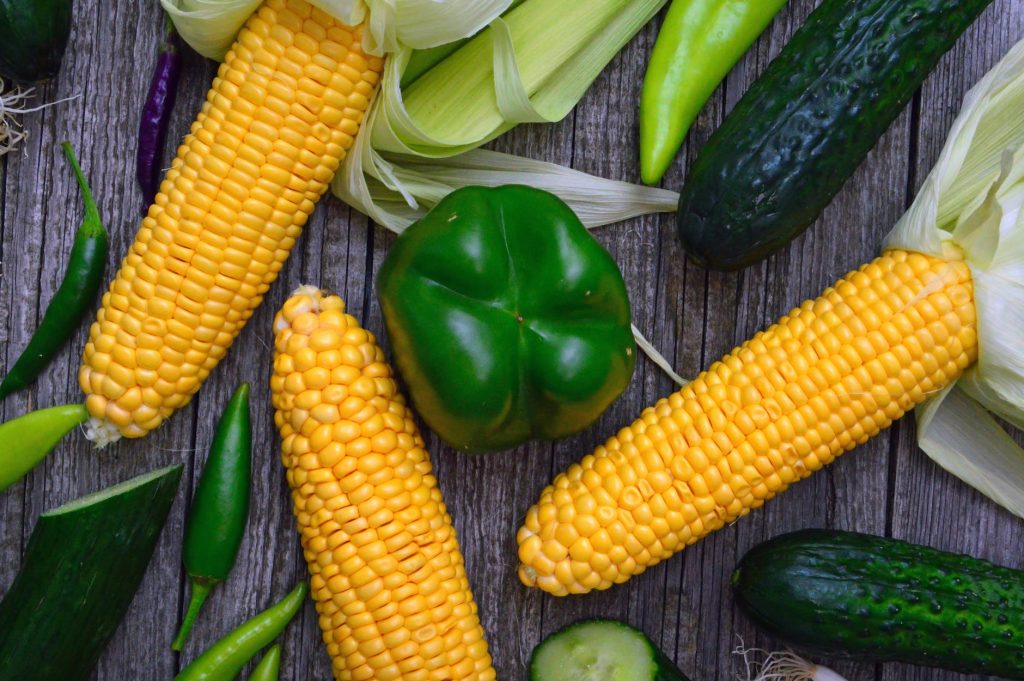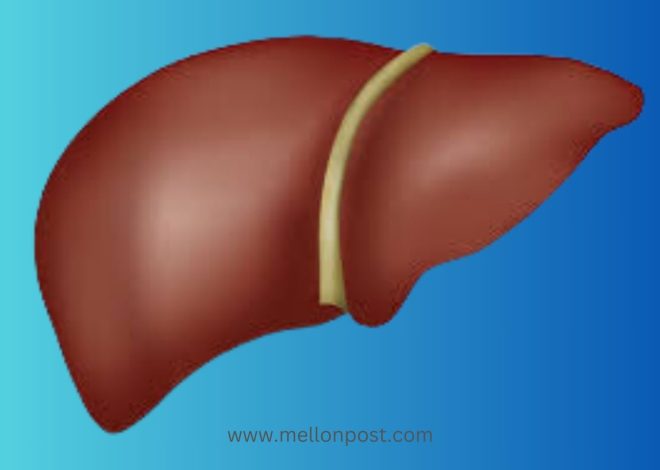
Is Corn Syrup Bad for You? Separating Fact from Fiction
Table of Contents
Corn syrup, a commonly used sweetener, has long been a topic of debate regarding its impact on human health.
In this article, we will explore the facts and provide answered to the various question that you may have. We’ll examine its properties, health effects, and research findings to help you make an informed decision about its place in your diet.
Understanding Corn Syrup
Corn syrup is a sweet syrup made from the starch of corn. It’s primarily composed of glucose, a simple sugar that provides a quick source of energy. Corn syrup is frequently used as a sweetening agent in a wide range of processed foods and beverages.
Varieties of Corn Syrup
High fructose corn syrup, often abbreviated as HFCS, is a modified version of corn syrup. It is created by enzymatically converting some of the glucose in corn syrup into fructose. HFCS is available in various formulations, with HFCS-55 and HFCS-42 being the most common. The numbers represent the percentage of fructose in the syrup.
Research Findings on Corn Syrup

Weight Gain and Obesity
One of the most significant concerns surrounding corn syrup, particularly high fructose corn syrup (HFCS), is its potential role in weight gain and obesity. Some studies suggest a correlation between HFCS consumption and rising obesity rates in the United States.
Also read: Is Protein Powder Effective?
For example, a study published in the journal “Obesity” in 2015 found that individuals who consumed beverages sweetened with HFCS were more likely to gain weight compared to those who consumed non-caloric beverages.
Sugar and Metabolic Health
Excessive consumption of added sugars, including those from corn syrup, has been linked to metabolic health issues such as type 2 diabetes and heart disease.
A study published in the journal “JAMA Internal Medicine” in 2014 reported that individuals who consumed a high proportion of their daily calories from added sugars had an increased risk of death from cardiovascular disease.
Dental Health
High sugar intake, regardless of the source, can contribute to dental problems, including tooth decay and cavities. Corn syrup, being a significant source of added sugars, should be consumed in moderation to protect oral health.
The Role of Moderation
It’s important to note that moderate consumption of corn syrup, like many other sweeteners, is unlikely to have adverse health effects. The key lies in the quantity and frequency of consumption. Avoiding excessive intake of any added sugar is a general principle for maintaining a healthy diet.
Natural vs. Processed Sugars
Corn syrup is an example of processed sugar, while natural sugars are found in foods like fruits and vegetables. The latter often come with essential nutrients, dietary fiber, and antioxidants, making them a healthier choice in your diet.
Conclusion
So, is corn syrup bad for you? It depends on how much and how frequently you consume it. While there is evidence linking excessive intake of corn syrup to various health concerns, including weight gain and metabolic issues, moderate consumption is generally considered safe.
To make informed dietary choices, it’s essential to be mindful of the sources and quantities of added sugars in your diet, prioritize natural sugars from whole foods, and limit your intake of processed sugars. Ultimately, maintaining a balanced diet and lifestyle, with sugar in moderation, is a key factor in safeguarding your overall well-being.
Continue reading: What is Nattokinase Supplement?


